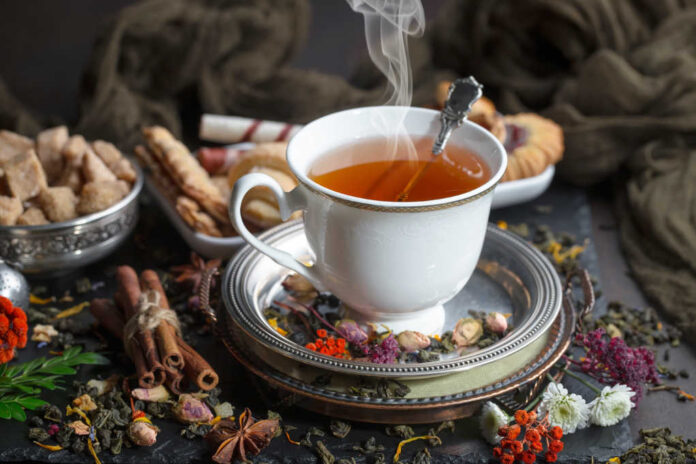
Herbs have been used as a traditional folk medicine for centuries, and they continue to be a popular alternative treatment method.
Some herbs have now been studied enough to conclude that they do help lower blood pressure.
Treating High Blood Pressure
Keeping blood pressure at the proper level is crucial because too high blood pressure over time can cause other serious health complications. Our fragile blood vessels and organs can be easily damaged by overly-strong pulses of blood beating down on them every second.
Fortunately, even though hypertension (high blood pressure) is one of the most common chronic medical conditions, it is also one of the most easily treatable – if the patient is aware of the condition and committed to their treatment plan.
This research paper calls systemic arterial hypertension “the most important modifiable risk factor for all-cause morbidity and mortality worldwide.” By making an effort to lower your blood pressure with medications and dietary changes, you can drastically reduce your risk of experiencing one or more of hypertension’s deadly complications, such as stroke, heart attack, aneurysm, and kidney failure.
Medications like ACE inhibitors and calcium channel blockers are common to help manage hypertension. The food we eat also has an impact on blood pressure levels.
Using herbs and spices may further help to keep blood pressure at a healthy level. However, you should talk with your doctor before making any changes that could impact your blood pressure, so they can monitor your progress and adjust your medications accordingly.
Medicinal Plants, Herbs, and Spices for Hypertension
Garlic reduces blood pressure, probably due to stimulating the production of nitric oxide and hydrogen sulfide, which are known to induce smooth muscle cell relaxation and vasodilation.
Tea may help prevent hypertension from developing, though its ability to treat it is unknown. Habitual consumption of green or oolong tea is associated with lower blood pressure, but there seems to be little or no effect of black and fermented teas on blood pressure.
Flaxseed, or linseed, and its oil are rich in an essential omega-3 fatty acid that appears to be beneficial for heart diseases and other disorders. Flaxseed may protect against atherosclerotic (arterial stiffening) cardiovascular disease by reducing cholesterol, platelet aggregation, and inflammation.
Sesame and sesame oil consumption has been observed to remarkably reduce oxidative stress while also increasing the activities of other compounds that may help to strengthen our antioxidant defense systems and ultimately lower blood pressure.
Chocolate, cocoa bean powder, and the flavonoids that make it so tasty stimulate the formation of nitric oxide, which increases vasodilatation and decreases blood pressure.
These herbs and many more still being studied may be the key to developing new therapeutics for hypertension and cardiovascular disease, especially in situations where medications are not readily available.
Using them properly and consulting with your medical provider to find the best treatment plan is the best way to determine if these or any other foods can positively impact your hypertension.






















